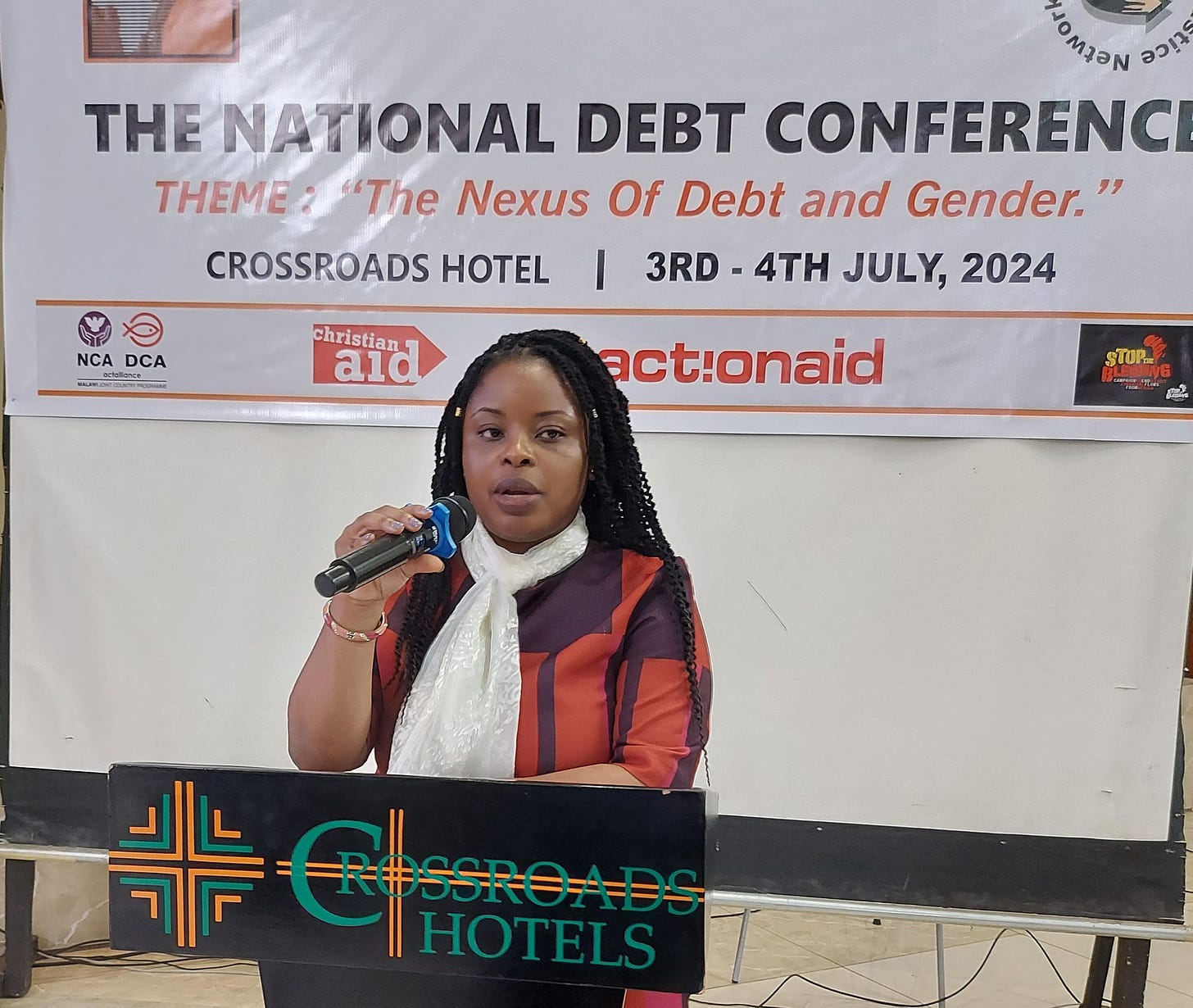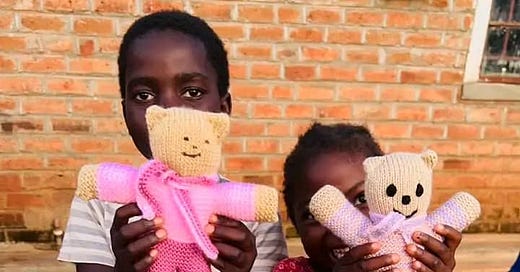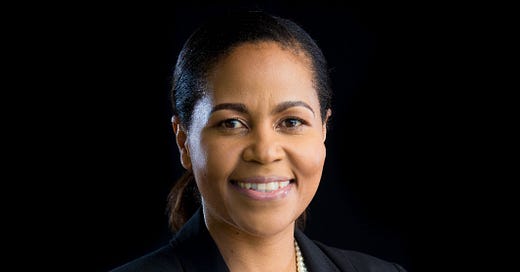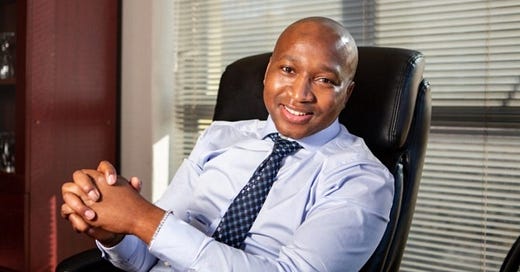
Malawi Women's Groups Push for Feminist Economic Model at Debt Conference
As Malawi continues to search for solutions to its economic challenges, the voices of these women's groups add a new dimension to the national debate.
LILONGWE, Malawi — In a bold move at Malawi's National Debt Conference, women's groups have called for a radical shift in the country's economic approach, advocating for the adoption of a Feminist Wellbeing Economic (FWE) model, writes Martin Kamlaike.
The demand came during a panel discussion at the conference organized by the Malawi Economic Justice Network and supported by the African Forum and Network on Debt and Development (AFRODAD) on Thursday.
Yandula Chipeta, Executive Director of Action Aid Malawi, presented an issue paper titled "Imagining a Feminist Wellbeing Economy," highlighting the shortcomings of the current economic model and emphasizing the need for a system that fully incorporates women at all levels.
"Malawi has been hit by various disasters, suffice to say natural disasters, but I believe most of these are man-made problems," Chipeta stated, calling for a rethink of how the country generates income using natural resources.
While acknowledging that no country has fully adopted the FWE model, Chipeta argued this shouldn't deter Malawi from pioneering its implementation.
Barbra Banda, Executive Director of the National Association of Business Women (NABW), echoed these sentiments, emphasizing the need for debt relief and recognition of women's care services.
"Women's work is not valued," Banda said, calling for government support in funding and business training for women entrepreneurs.
Emma Kaliya, Executive Director of the Malawi Human Rights Resource Center, criticized the tendency to treat women as a mere "interest group" in economic discussions.
She highlighted the often-overlooked contributions of women, such as those working in fields with babies on their backs, and called for workplace infrastructures conducive to women's needs, including on-site childcare services.
The women's groups collectively urged the government and organizations to commit to educating women, improving infrastructure, and recognizing caregiving as a paid profession.
This push for a feminist economic model comes as Malawi grapples with a significant debt crisis and sluggish economic growth.
The proposed FWE model represents a dramatic departure from traditional economic thinking, placing women's contributions and wellbeing at the center of economic policy.
As Malawi continues to search for solutions to its economic challenges, the voices of these women's groups add a new dimension to the national debate.
Whether the government will heed their call remains to be seen, but their advocacy has undoubtedly shifted the conversation around economic development in this Southeast African nation.
The National Debt Conference, held under the theme "The Nexus of Debt and Gender," brought together a diverse array of stakeholders, including women's groups, feminist movements, academics, legislators, civil society organizations, government officials, and faith community representatives.









